Late last week I had the pleasure of conducting my 50th Ph.D. viva as an external examiner. The first Ph.D. viva as external examiner was in 2004 at the University of Durham. Over the years most have been at universities in the UK, but I have also had the pleasure of conducting viva in Ireland, the Netherlands, Nepal, Australia, Belgium, Finland, Denmark and New Zealand. Technically three of these were not a traditional Ph.D. viva, as it included one Doctorate in Professional Practice (at The Robert Gordon University in Aberdeen), a D. Phil. at the University of Oxford and acting as pre-examiner for a Ph.D. at a university on Finland. In addition I have also acted six times as an internal examiner at the University of Aberdeen (n=3) and Bournemouth University (n=3). Over the years some of the experiences related to examining and supervision Ph.D. theses have resulted in papers and book chapters [1-5].

Prof. Edwin van Teijlingen
Centre for Midwifery, Maternal & Perinatal Health
References:
- van Teijlingen E (2007) PhD theses: the pros and cons (letter), Times Higher Education Suppl. Issue 1808 (August 24th): 15.
- Regmi, P., Poobalan, A., Simkhada, P., van Teijlingen, E. (2021) PhD supervision in Public Health, Health Prospect: Journal of Public Health 20(1):1-4.
- Wasti, S.P. Regmi, P.R., Simkhada, P., van Teijlingen, E., Hundley, V. (2022) Writing a PhD Proposal, In: Wasti, S.P., et al. (Eds.) Academic Writing and Publishing in Health & Social Sciences, Kathmandu, Nepal: Himal Books: 176-183.
- Hundley, V., Simkhada, P., van Teijlingen, E. (2022) Converting your Master’s or Doctoral Thesis into an Academic Paper for Publication, In: Wasti, S.P., et al. (Eds.) Academic Writing and Publishing in Health & Social Sciences, Kathmandu, Nepal: Himal Books: 184-189.
- van Teijlingen, E., Simkhada, B., Regmi, P., Simkhada, P., Hundley, V., Poudel, K.C. (2022) Reflections on variations in PhD viva regulations: “And the options are….”, Journal of Education & Research 12(2): 61-74.
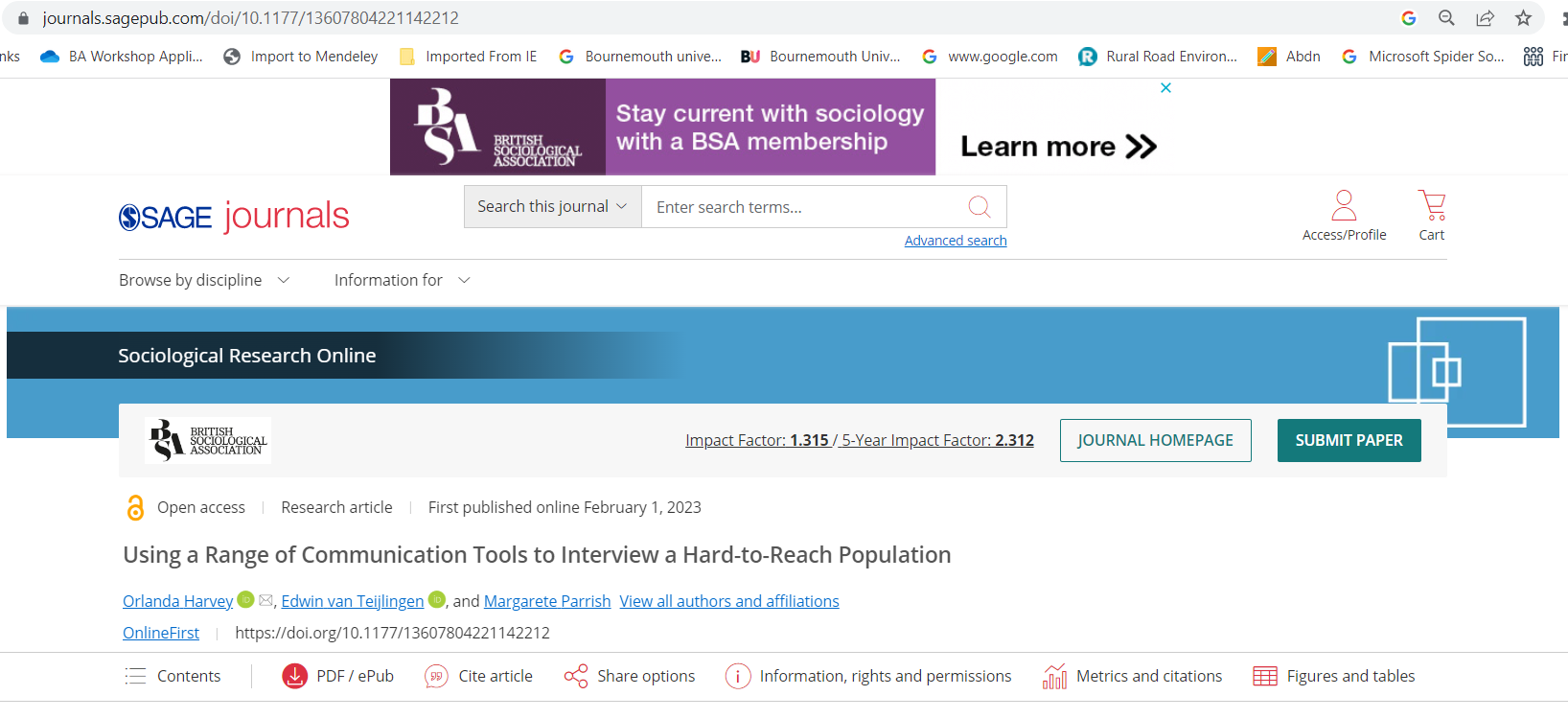

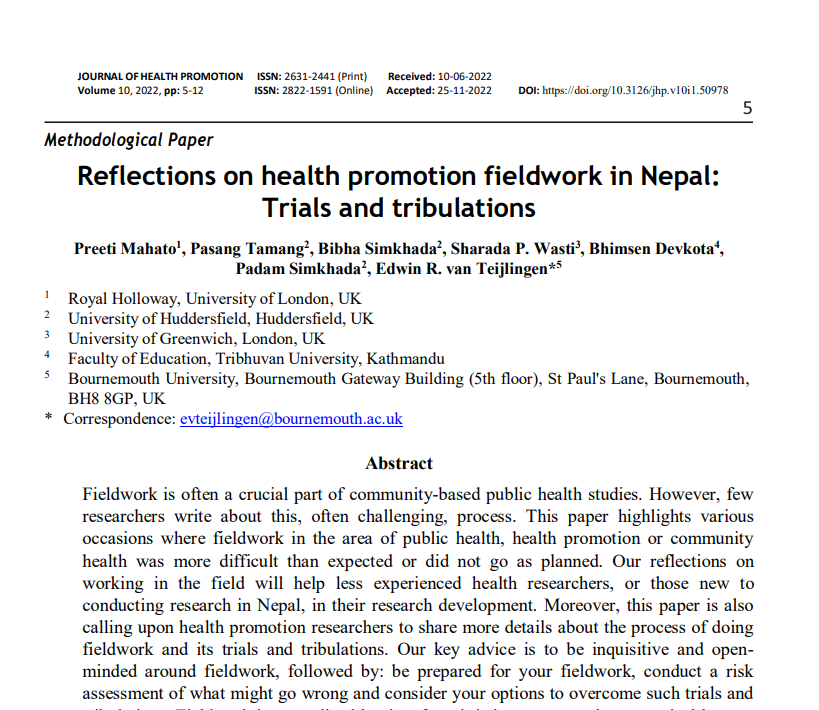
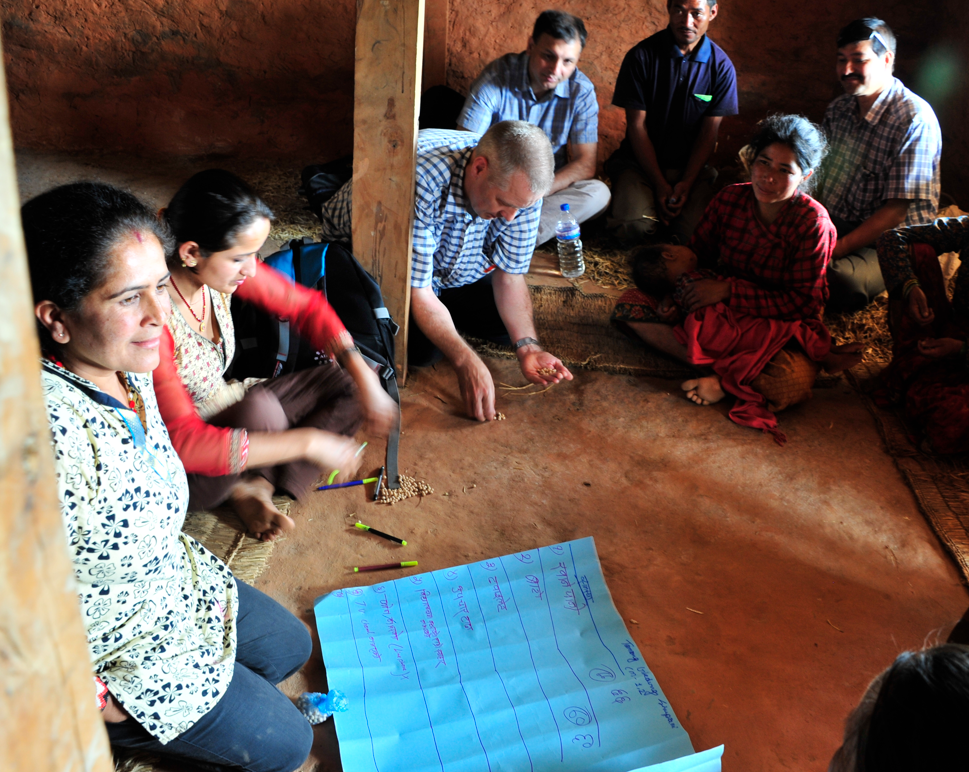

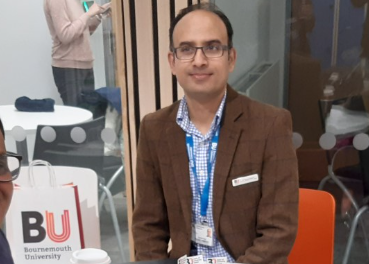
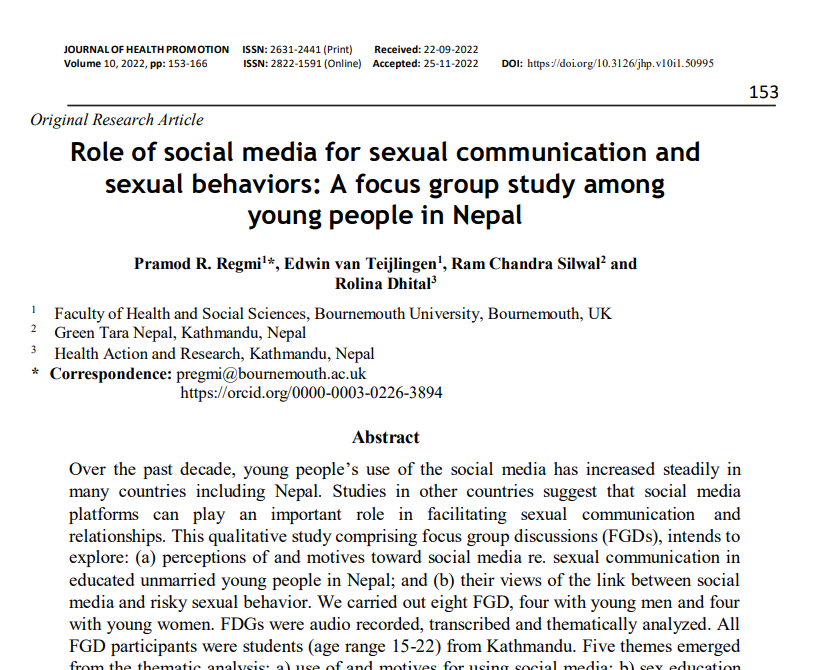
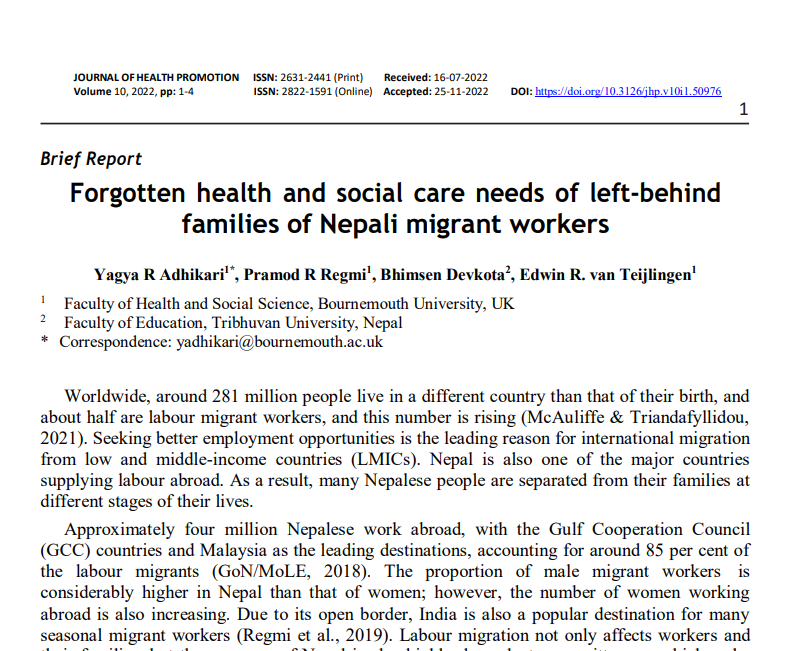


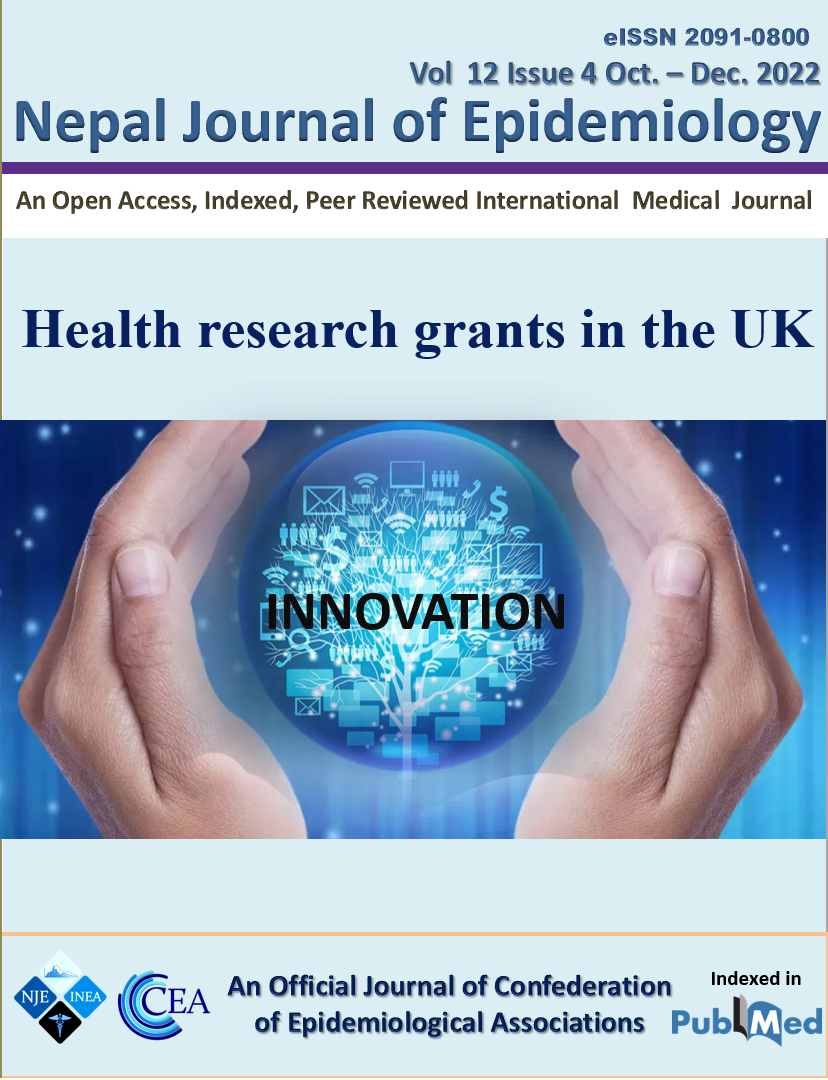
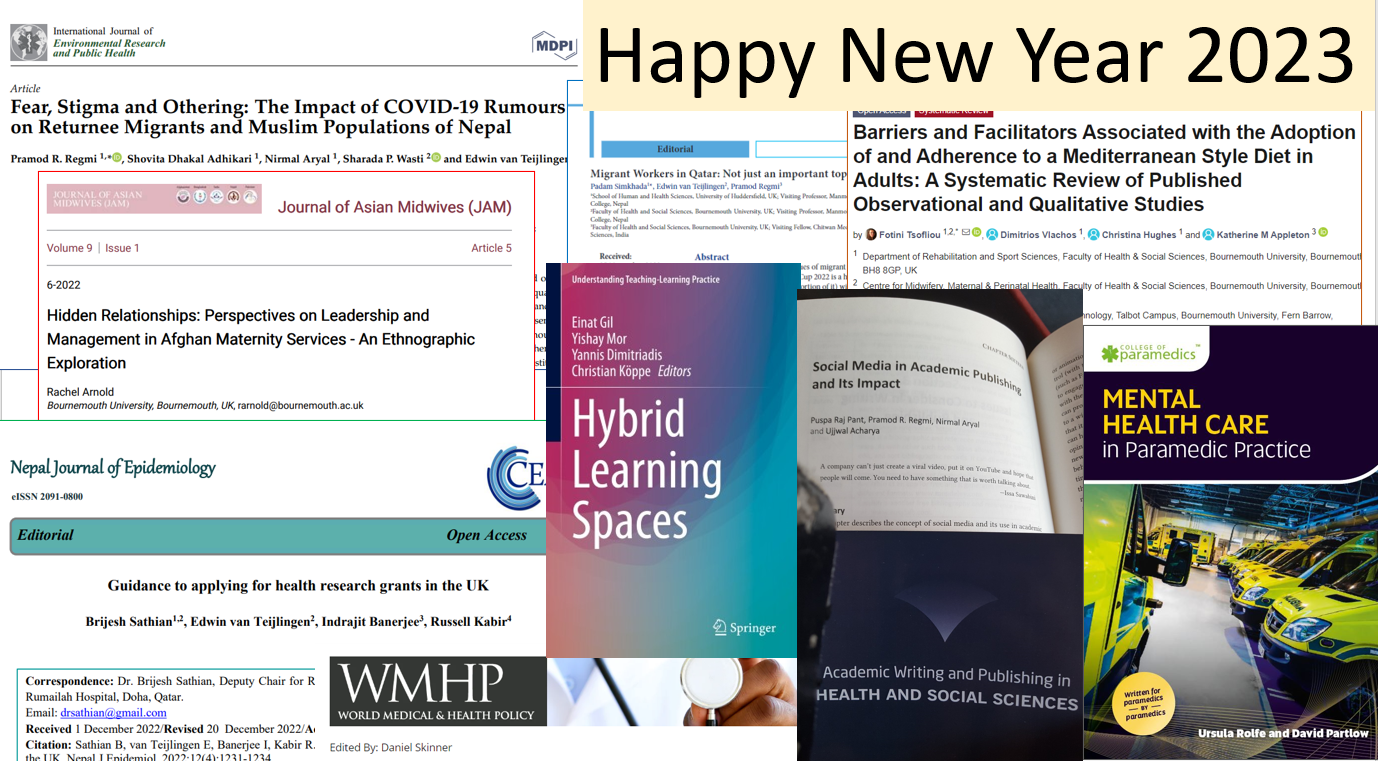
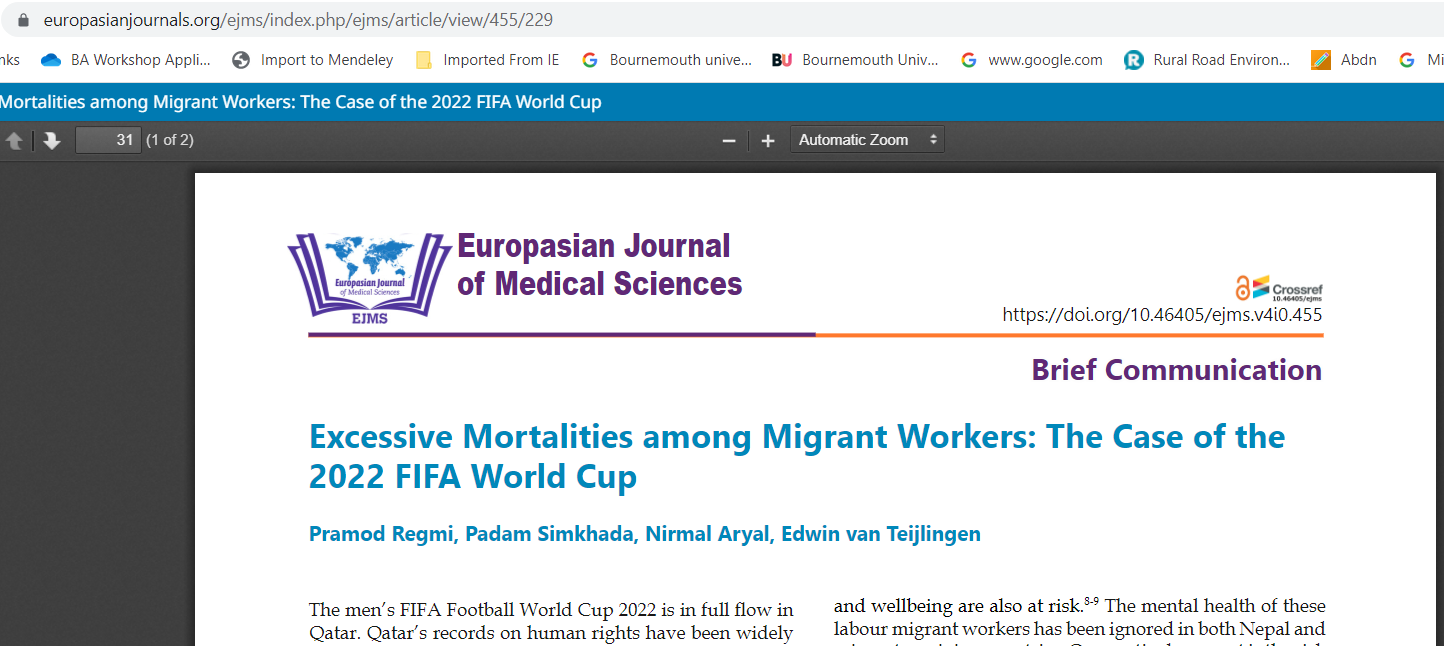

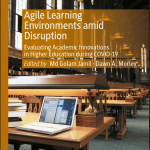

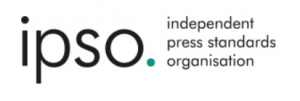
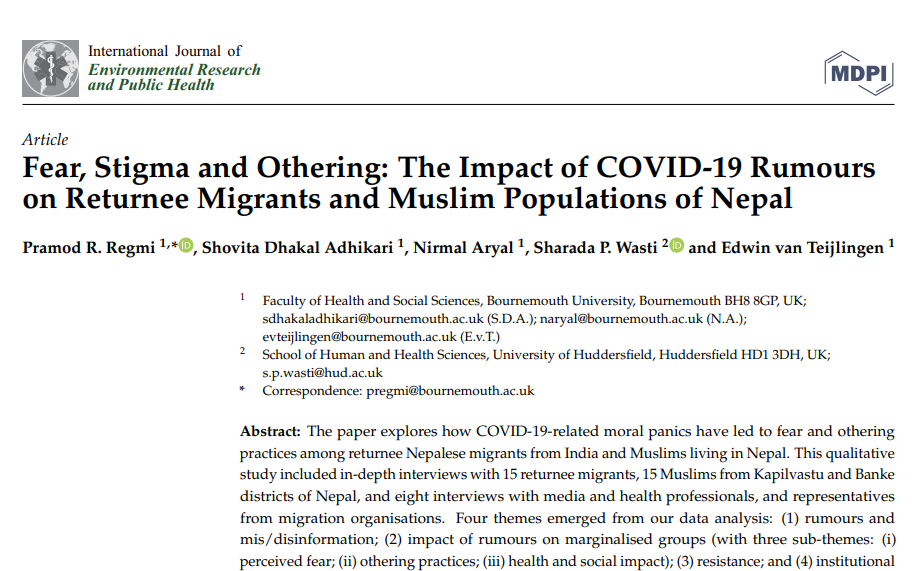
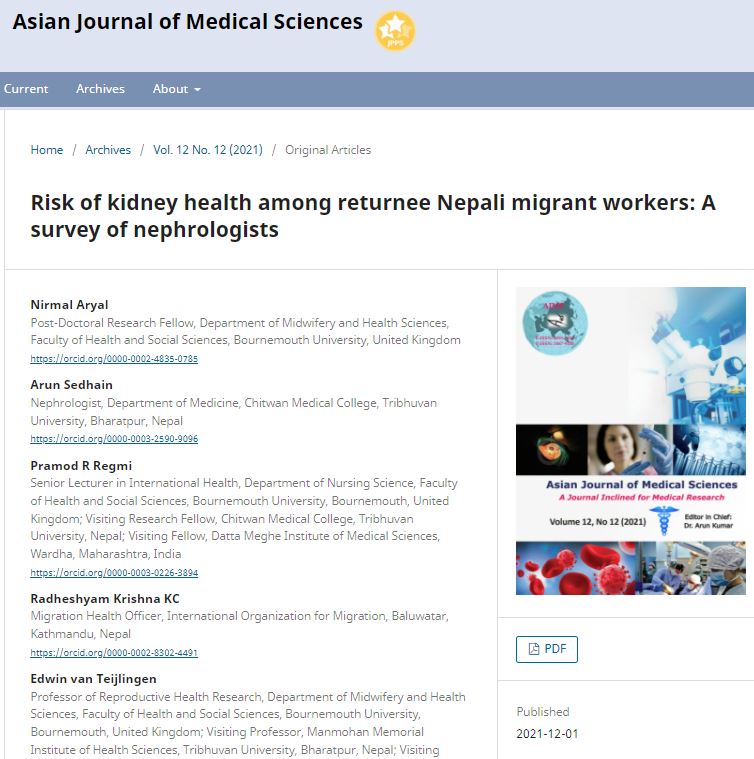
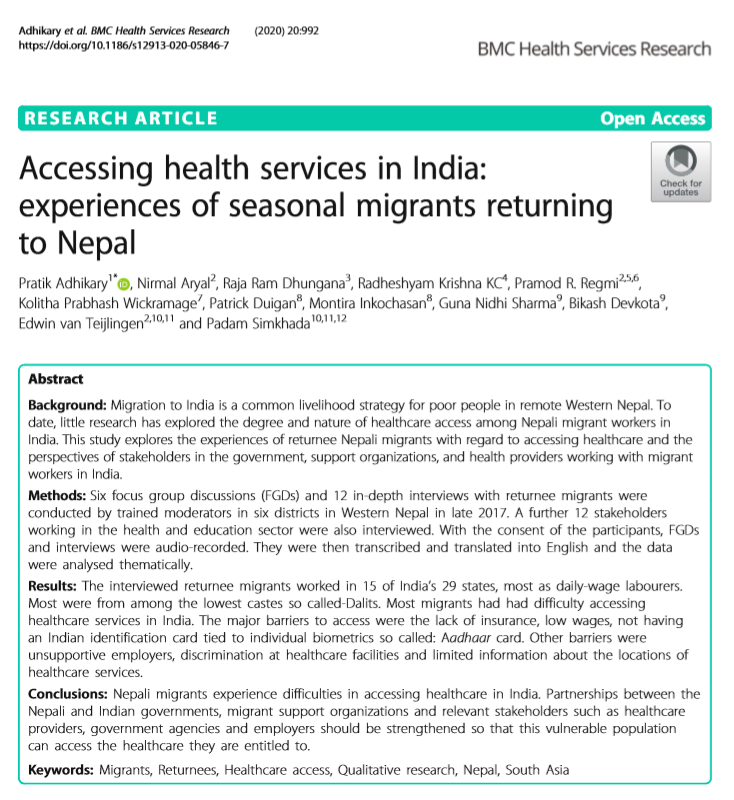



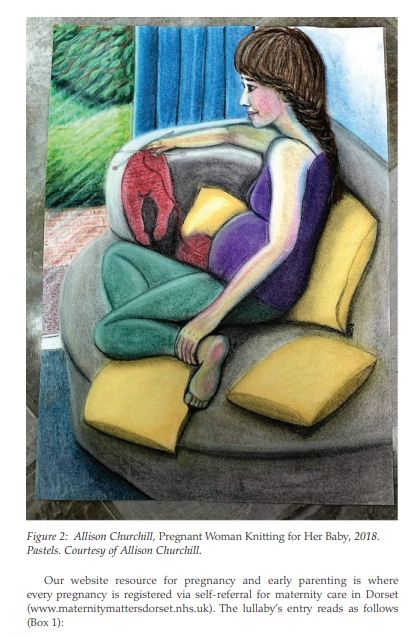

 Whether its in you, a blue whale or a tiny insect, circulating fluids bathe and nourish organs, tissues and cells. To avoid compromising organ function, these ‘bloods’ are filtered and kept free of unwanted molecules. Studying these clearance mechanisms informs us about normal physiology, as well as disease across a vast array of organisms, from flies to humans.
Whether its in you, a blue whale or a tiny insect, circulating fluids bathe and nourish organs, tissues and cells. To avoid compromising organ function, these ‘bloods’ are filtered and kept free of unwanted molecules. Studying these clearance mechanisms informs us about normal physiology, as well as disease across a vast array of organisms, from flies to humans.










 From Sustainable Research to Sustainable Research Lives: Reflections from the SPROUT Network Event
From Sustainable Research to Sustainable Research Lives: Reflections from the SPROUT Network Event REF Code of Practice consultation is open!
REF Code of Practice consultation is open! BU Leads AI-Driven Work Package in EU Horizon SUSHEAS Project
BU Leads AI-Driven Work Package in EU Horizon SUSHEAS Project ECR Funding Open Call: Research Culture & Community Grant – Apply now
ECR Funding Open Call: Research Culture & Community Grant – Apply now ECR Funding Open Call: Research Culture & Community Grant – Application Deadline Friday 12 December
ECR Funding Open Call: Research Culture & Community Grant – Application Deadline Friday 12 December MSCA Postdoctoral Fellowships 2025 Call
MSCA Postdoctoral Fellowships 2025 Call ERC Advanced Grant 2025 Webinar
ERC Advanced Grant 2025 Webinar Update on UKRO services
Update on UKRO services European research project exploring use of ‘virtual twins’ to better manage metabolic associated fatty liver disease
European research project exploring use of ‘virtual twins’ to better manage metabolic associated fatty liver disease